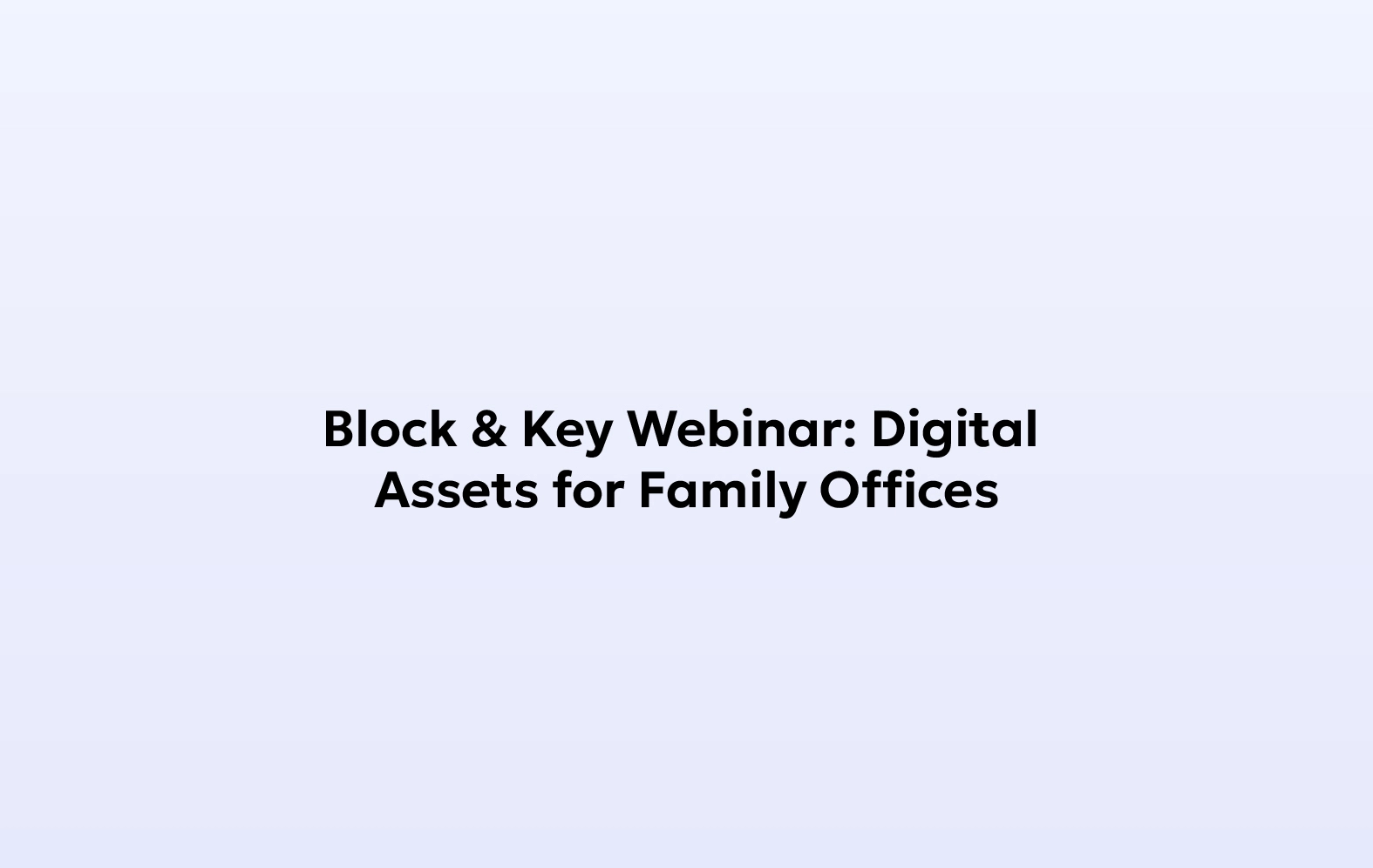Multisig and MPC wallets are better alternatives and address some of the significant design flaws that single-signature wallets possess. These MPC and multisig wallets require multiple users to approve, verify, and sign all types of transactions. Fund oversight and accountability become easier for enterprises and businesses with a well-designed, secure crypto platform. With MPC and multi-signature wallets, the chance of hackers or cybercriminals compromising all holdings at the same time is improbable.
Private Key – Public Key Infrastructure
The private key is responsible for signing all transactions initiated from your multisig wallet. In hindsight, the private key represents absolute ownership of all associated on-chain digital assets. One who has access to the private keys generated by the multi-signature wallet will have complete control over the digital crypto-assets, enabling them to transact and transfer funds from one wallet to any other wallet of their choice. On the other hand, the public key is utilised to identify and send cryptocurrency into a wallet.
Multi-Signature Wallets
Multi-signature wallets are cryptocurrency wallets that require multiple or more than one signature to verify ownership and execute transactions. During the multisig wallet setup process, the transaction signing authority is assigned to the respective members of your trusted group.
The fund owner has the ability to specify the minimum number of signatures required to execute any type of official transaction. Multisig wallets allow you to set a minimum signature threshold that can be lower than the total number of participants that exist in the group. Every participant in the group will be assigned one private key. Every person in the group has the authority to partially sign the transaction until the requisite number of signatures is fulfilled.
In order to prevent a single key owner from unilaterally transferring funds, the multi-signature wallet allows groups to set up in any “m” out of the “n” combination where “m” is the number of signatures required to execute transactions on the other hand, “n” signifies the number of private keys users hold within the trusted group. This setup and execution process helps verify ownership and ensure the legitimacy of the transactions.
Multi-Party Computation (MPC) Wallets
Multi-part computation wallets, or MPC wallets is a cryptographic tool that employs cryptographic data from multiple parties owning multiple devices to perform calculations using their combined data points without revealing their individual input. The MPC wallet doesn’t use multiple private keys like a multisig wallet; rather, it splits and distributes a single private key into multiple smaller parts using algorithms. In other words, the MPC wallet distributes the signature process across multiple computing devices. Later, these algorithmically distributed keys are processed to generate a whole private key. Once the private keys are generated, the MPC wallet can conduct a verified transaction with the help of a digital signature created by the shared private key. Additionally, the MPC wallet allows owners of the digital asset to sign transactions while keeping the shared key private – this is critical for ensuring fund security in the long run.

Similarities and differences
Multi-signature wallets and MPC wallets have one thing in common – both require more than one person’s involvement to sign, verify/ authenticate, and execute transactions. This multi-party involvement help ensure accountability and oversight across the board. Moreover, both the multisig wallet and the MPC wallet have robust support for cold hardware wallets. The most notable difference between multisig wallet and MPC wallet is the fact that MPC wallets are majorly based on proprietary software solutions and significantly rely on third-party support for maintenance and operations, which is not the case with the multi-signature wallet, which heavily relies on open-source privacy-focused software.
Lower Gas Fees
The gas fees are determined based on the number of on-chain operations performed to complete a transaction. The best thing about MPC-based wallets is that it is cost-efficient because they will never have fees that are higher than an ordinary transaction conducted over blockchain, irrespective of the total number of signers involved in the process. On the other hand, the added complexity of having multiple participants using multisig wallets makes them much more computationally intensive, eventually increasing the fees/ transaction cost.






